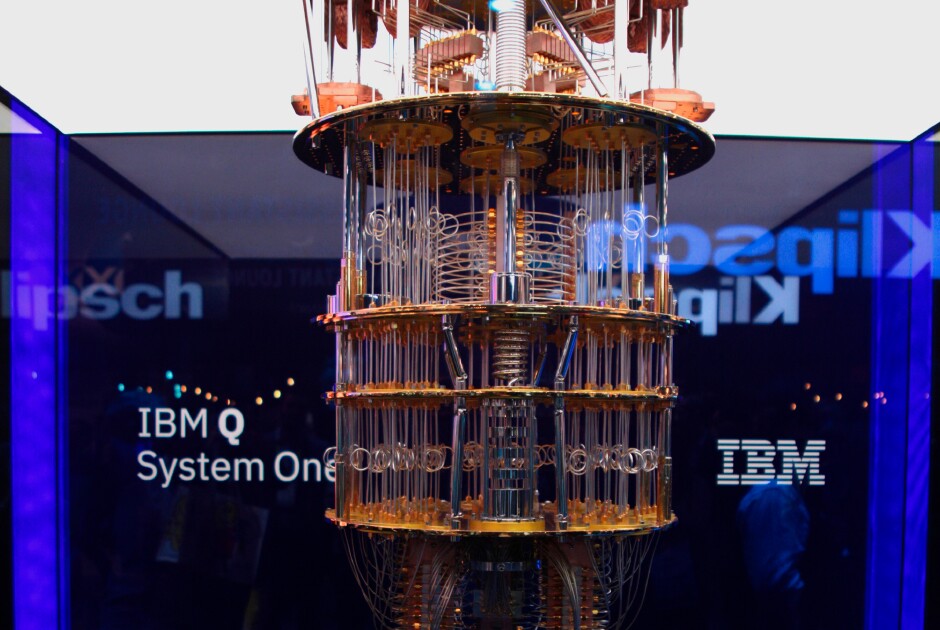For decades, quantum computing has promised to rewrite the rules of what’s possible, from revolutionizing medicine to cracking unsolvable problems. But there’s been a silent killer holding it back:
Calibration.
Yes, that behind-the-scenes, time-consuming, error-prone process that keeps quantum systems tuned and functioning. Until now, it’s been the Achilles’ heel of an otherwise unstoppable force.
But that just changed.
Quantum Machines Drops a Bombshell: A New Open-Source Framework
Today, Quantum Machines, a leader in quantum control systems, unveiled a first-of-its-kind open-source framework specifically designed to streamline and standardize quantum calibration across platforms.
Why does this matter?
Because as quantum systems scale from 5 qubits to 500 and beyond, calibration complexity has grown exponentially. It’s no longer just a technical headache, it’s become a full-blown innovation roadblock.
With this new tool, researchers and engineers gain:
- Modular tools to build custom calibration protocols
- Scalable workflows across multiple quantum processors
- The power to collaborate, modify, and optimize, in real time
Why This Is a Turning Point
Let’s be clear: this isn’t just a toolkit. This is infrastructure.
Quantum computing is on the brink of commercialization. But without faster, more reliable calibration processes, even the most powerful quantum hardware becomes inconsistent and unusable at scale.
This framework gives the quantum community what it desperately needed, a shared foundation to accelerate development and cut down operational latency.
Think of it like TensorFlow for quantum calibration: open, flexible, and community-driven.
The Bigger Picture: Open-Source as Quantum’s Secret Weapon
This move signals something much larger. For quantum computing to move from labs to real-world application, openness will win.
Just as open-source AI and cloud tools sparked innovation booms, shared tools like this can:
- Accelerate academic and enterprise R&D
- Level the playing field for startups
- Speed up the race toward fault-tolerant quantum systems
It’s a shift from proprietary isolation to collaborative acceleration.
What’s Next?
Quantum Machines just lit a fire under the field. Expect to see:
- Major institutions adopt and build on this framework
- Faster testing cycles for new qubit architectures
- Tighter integration between software and hardware teams
The long game? A future where quantum systems calibrate themselves autonomously in real-time, and this may be the first big step toward that future.






